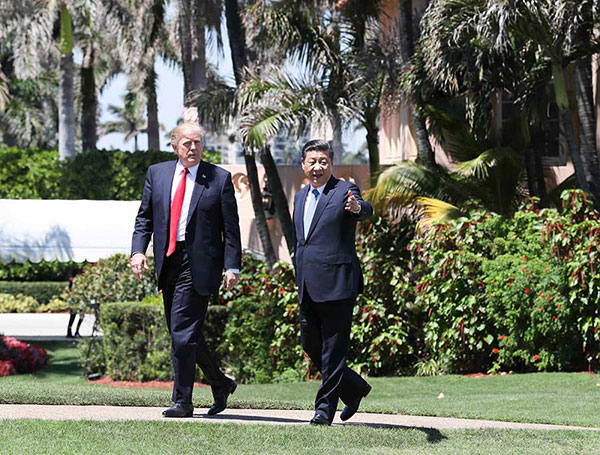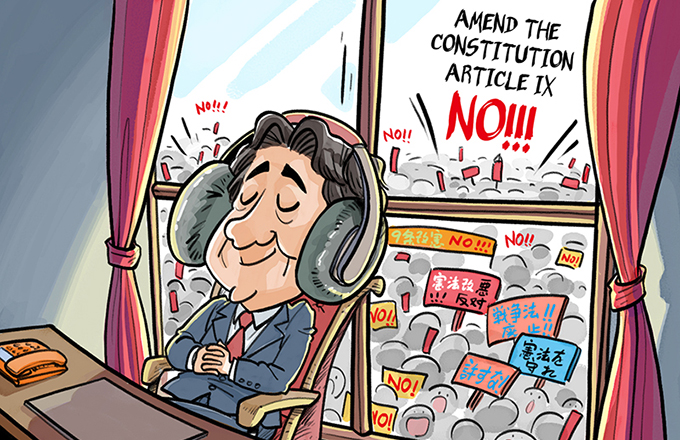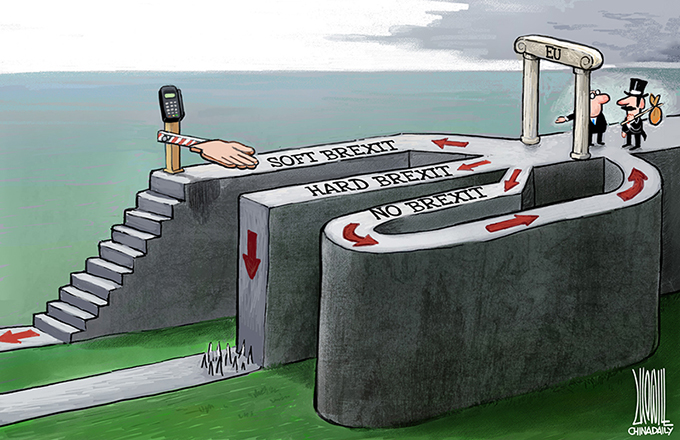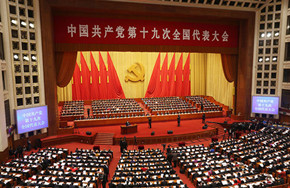Constructive contribution to regional issues welcome
 |
|
President Xi Jinping, right, and his US counterpart Donald Trump take a walk to further discuss bilateral cooperation issues in the Mar-a-Lago resort in Florida, the United States, April 7, 2017. [Photo/Xinhua] |
Donald Trump's first visit to Asia as US president, which will take him to Japan, the Republic of Korea, China, Vietnam and the Philippines, comes at a critical moment, as the missile and nuclear programs of the Democratic People's Republic of Korea have cast a shadow over the region. The issue is expected to feature prominently in Trump's talks.
Trump needs to reassure his hosts that the United States will play a constructive role in pursuing a peaceful resolution to the Korean Peninsula issue, and it recognizes dialogue and consultation are the only feasible means to address this and other issues in the region.
Much of the speculation ahead of Trump's visit to Asia, which began on Friday, stems from the conflicting messages that have previously been given by his administration. A clear, consistent and positive message showing a willingness to cooperate and contribute constructively to resolving regional issues would go a long way toward making his trip a success.
On the regional level, Trump needs to recognize that much has changed in the region since his predecessor instigated a rebalancing to Asia strategy to reinforce the US' leadership role in the Asia-Pacific. China and the Association of Southeast Asian Nations are poised to formally adopt the framework for a Code of Conduct in the South China Sea during a summit meeting in the Philippines later this month. Any attempt to derail this process would be unwelcome and likely trigger a backlash.
As a country that is not directly involved in the maritime disputes, and one claiming to have a stake in the peace and stability of the region and seeking to benefit from its vitality, the US should heed the wise advice that has been offered that it would be best served by seeking to facilitate this constructive process.
On a nation-to-nation level, Trump's upcoming visit to China, which will make him the first foreign head of state to visit the country after the 19th National Congress of the Communist Party of China, offers the opportunity for China and the US to iron out their differences and inject fresh vigor into their bilateral cooperation, the momentum of which should not be stalled due to their frictions over trade and other issues.
There is no reason why, meeting face-to-face, Trump and President Xi Jinping cannot recapture the rapport of their earlier "very good dialogue". Doing so would enable the two sides to send a positive signal that they are capable of properly handling their differences and are willing and able to work together for the good of themselves, the region and the world.



















